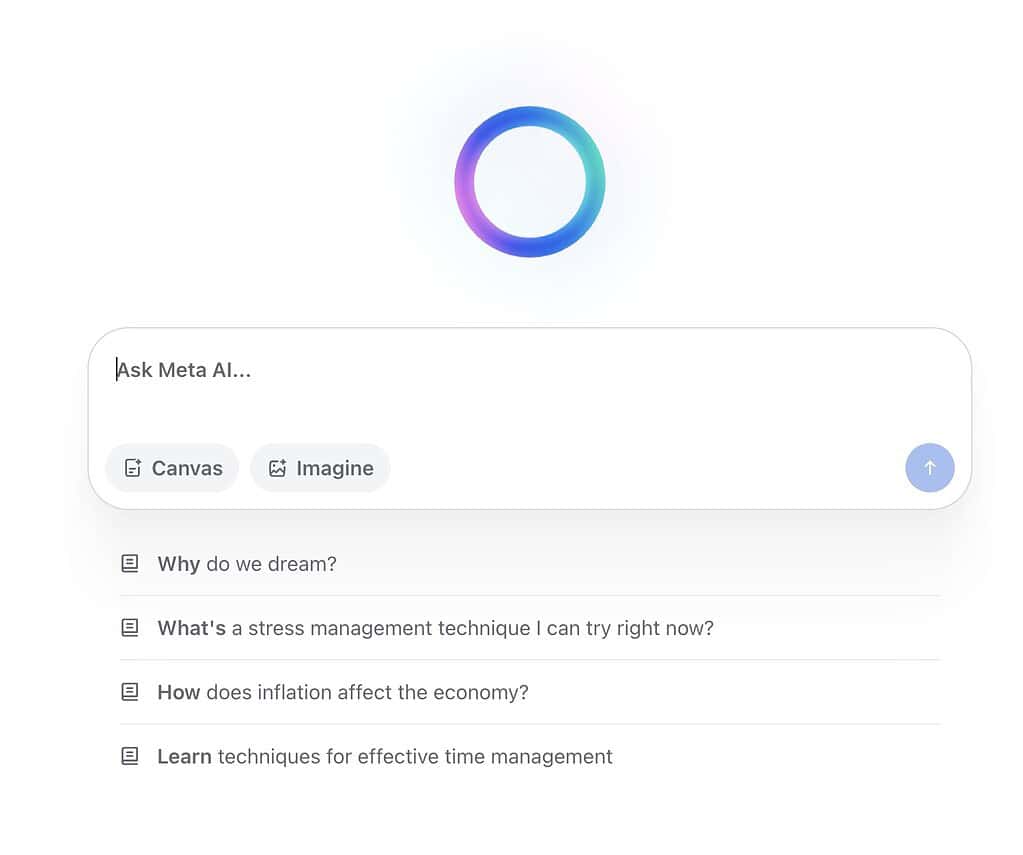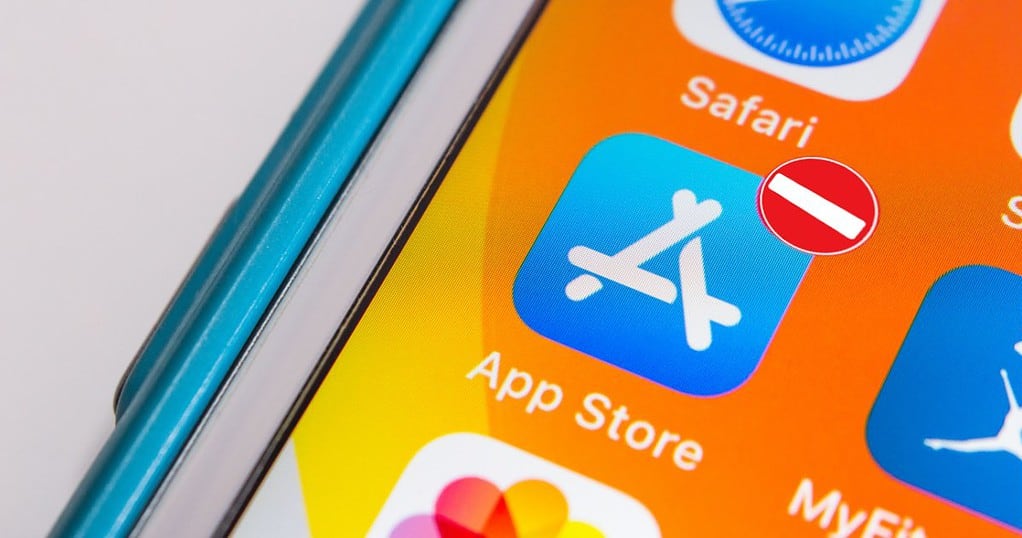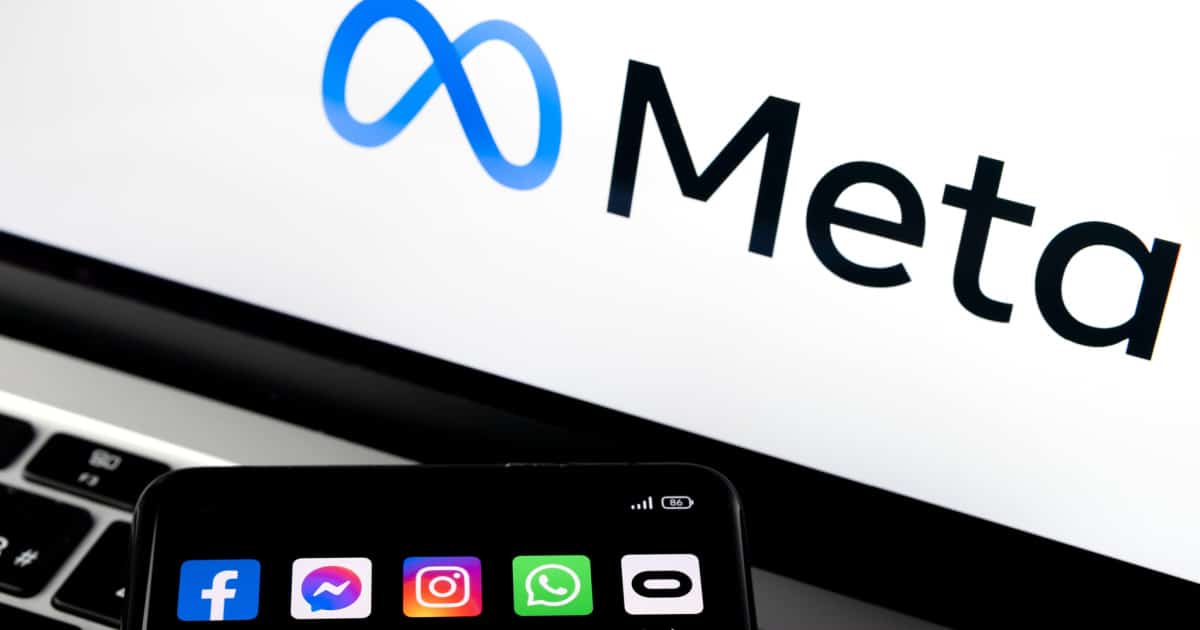Apple Intelligence is arguably Apple’s biggest software rollout of 2024. The company hyped it up at WWDC, and after a slow, staggered launch, we’re finally starting to see several features in 2025. Third-party developers have been busy adapting their apps to support the new features. At least, most of them.
One major exception? Meta. The company is actively blocking Apple Intelligence features across all its iOS apps, including Facebook, Instagram, and Threads. And while Apple gave developers the option to opt out, very few actually have. Meta is the first major player to take that route—and it’s raising a lot of eyebrows. Here’s what we know.
A Power Play Between Two Tech Giants

Meta and Apple are two major players trying to catch up in the AI race. OpenAI has led the field since ChatGPT launched in 2022, and both companies have been trailing behind with their proprietary models. Despite early teasers, their releases were delayed, and adoption has been slower than expected.
Meta’s decision to block Apple Intelligence in apps like Instagram and Facebook is a blatant attempt to spotlight Meta AI. Both tools serve the same purpose and are powered by in-house LLMs. However, the latter lets Meta control user interaction. Having Apple Intelligence generate content in-app would mean ceding data to Apple, and Meta’s not about to let that happen.

It’s a classic ecosystem standoff. Meta wants total control over engagement, data, and behavior. It can’t just watch its competitor sit on top of its platform. From a business standpoint, the block makes sense, even if it raises concerns about openness and competition.
Why This Might Backfire on Meta

Blocking Apple Intelligence might seem like a smart move, but it creates friction where you’d expect cross-platform support. Apple’s AI tools are already baked into iOS. If they work across every app except Instagram or Facebook, it’s going to stand out. And not in a good way. The inconsistency breaks flow, and people will definitely notice it.
This also raises questions about Meta’s priorities. By shutting out Apple’s tools, the company is signaling it doesn’t want to share data control with anyone, not even for a better UX. You might recall how Meta reacted to App Tracking Transparency. Once again, it feels like engagement comes second to ad revenue.
And let’s be real—Apple holds the keys to the platform. Meta might control its apps, but Apple controls distribution. It wouldn’t take much for Apple to tighten restrictions on Meta’s in-app AI features. Meta’s move might protect its turf for now, but in the long run, it risks burning bridges with the one company that owns the iPhone.
Will Other Companies Follow Meta’s Lead?

Most developers won’t follow Meta’s example. Apple Intelligence is built into iOS, and opting out means losing access to native features like text generation, Smart Replies, and system-level enhancements. For smaller apps, these tools offer a massive UX upgrade without the need for an in-house model. Blocking them just adds work and puts them at risk of falling behind.
That said, large tech companies with their own AI models might hesitate. Google, for instance, already has Gemini. If Apple Intelligence starts handling core functions inside the Gmail or YouTube app, it could create a conflict. The real test will be how Apple enforces guidelines around access and control. So far, it hasn’t drawn a hard line.
Ultimately, most companies will weigh user convenience over ecosystem pride. Meta can afford to build its own LLMs and funnel users into Meta AI. But for everyone else, Apple Intelligence could be a shortcut to smarter experiences without the engineering overhead. Opting out only makes sense if you have a serious alternative, and a good reason to push it.
What’s Next for Apple?
Meta’s decision to block Apple Intelligence isn’t the only roadblock in Apple’s path. The company is also facing external pressure from looming tariffs on Chinese-made electronics, which could delay new product launches and spike prices across its lineup. Between AI standoffs and global trade tension, Apple’s 2025 roadmap is looking more complicated than ever.

Anyone using social news platforms owned by oligarchs is tacitly endorsing their behavior